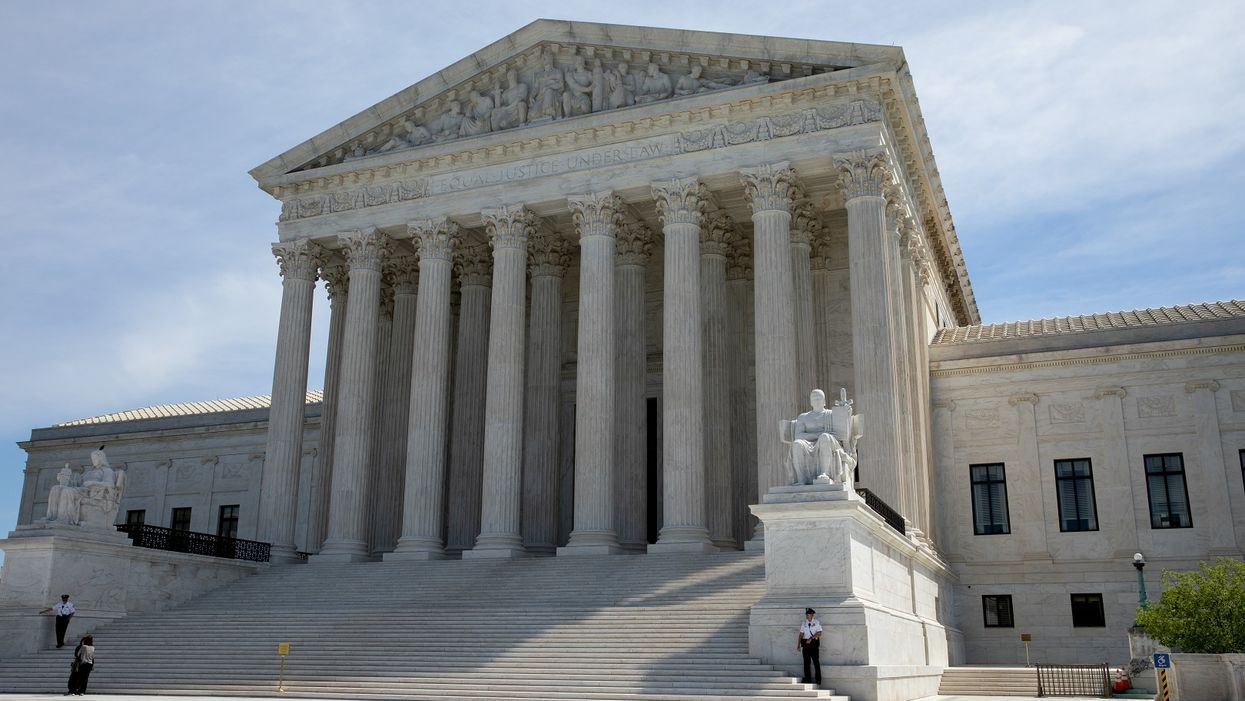
Aurora Samperio/NurPhoto via Getty Images

The case involved a hunting trip that crossed into a national park
Supreme Court Justice Neil Gorsuch has joined with liberal justices in a 5-4 ruling in favor of a member of the Crow Native American tribe who had been charged with illegally hunting in Wyoming.
In 2014, Clayvin Herrera and three other members of the Crow Tribe crossed from the Crow Reservation in Montana into Bighorn National Forest in Wyoming while hunting a herd of elk. Game officials in Wyoming charged Herrera with hunting off season without a license and ordered him to pay $8,000.
But Herrera argued that the hunt was legal under the 1868 Second Treaty of Fort Laramie, which gave the Crow Tribe the right to "hunt on the unoccupied lands of the U.S. so long as game may be found thereon, and as long as peace subsists among the whites and Indians on the borders of the hunting districts."
The state of Wyoming argued that this treaty was no longer valid.
This case went before the Supreme Court in January.
In a 5-4 ruling on Monday, the Supreme Court ruled that the treaty was still valid, and that the "Wyoming Statehood Act did not abrogate the Crow Tribe's hunting right, nor did the 1868 Treaty expire of its own accord at that time."
Although the Supreme Court has in the past ruled that treaties between the U.S. government and Native American tribes expired when the area covered by the treaty became part of a U.S. state, in this case "the treaty itself defines the circumstances in which the right will expire. Statehood is not one of them."
The ruling also stated that Bighorn National Forest was "not categorically occupied," making the hunt legal under the terms of the treaty.
Gorsuch also sided with liberals on the court to rule in favor of the Yakama Nation in March's Washington State Department of Licensing v. Cougar Den, Inc.
Writing the dissent, Justice Samuel Alito argeed with the lower courts that this case was identical to other earlier cases, which had stated that previous treaties with Native American tribes were invalid once a territory was admitted into the U.S. as a state.
He also noted that the 10th Circuit Court had ruled that "'unoccupied' land within the meaning of the treaty meant land that was open for commercial or residential use, and since the creation of the national forest precluded those activities, it followed that the land was no longer 'unoccupied' in the relevant sense."